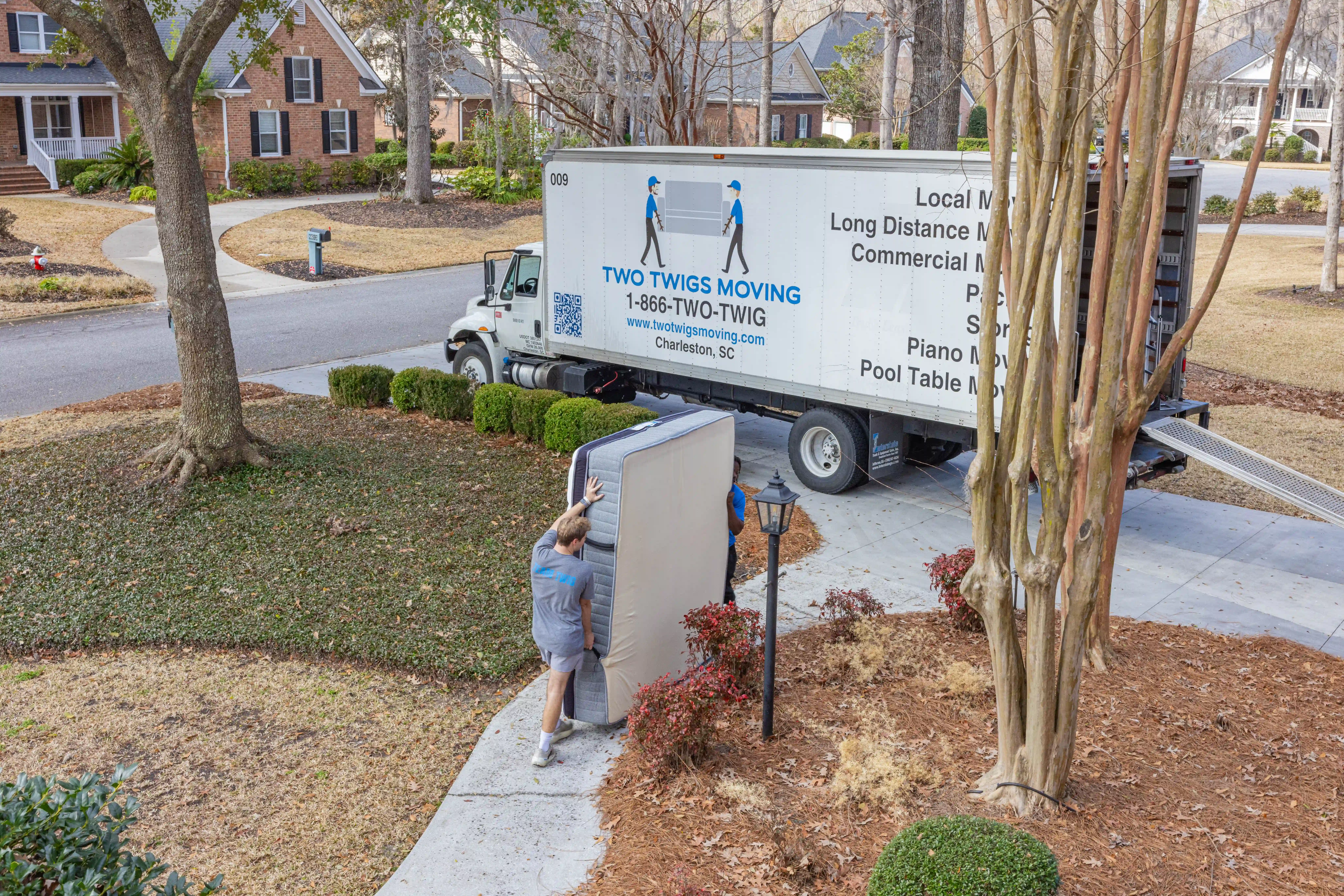Moving insurance is a crucial consideration when relocating to ensure your belongings are protected against unforeseen circumstances. Here’s a comprehensive guide to help you understand the various types of coverage options available:
1. Basic Coverage (Released Value Protection)
Released value protection is the most basic level of coverage provided by most moving companies at no additional charge. However, it offers minimal protection based on the weight of your items:
- Coverage: Typically reimburses you up to $0.60 per pound per item.
- Example: If a 100-pound item is damaged or lost, you would receive $60 in compensation.
- Ideal For: This option is suitable for items of lower value or those that are replaceable with minimal cost.
2. Full Value Protection
Full value protection provides more comprehensive coverage for your belongings. While it usually requires an additional fee, it offers greater peace of mind:
- Coverage: The moving company is liable to repair, replace, or compensate you for the current market value of any lost or damaged items, up to the declared value of your shipment.
- Valuation: You’ll need to declare a value for your shipment, typically based on the total weight multiplied by a specific amount per pound.
- Cost: The cost for full value protection is typically calculated as a percentage of the declared value of your belongings.
- Ideal For: Recommended for valuable items or those with sentimental worth that you want fully protected during the move.
3. Third-Party Insurance
In addition to the options offered by the moving company, you can also purchase separate moving insurance from a third-party insurer. This type of insurance may provide more extensive coverage options, including specific perils like breakage, water damage, and even Acts of God:
- Coverage: Policies vary widely, so it’s essential to review the coverage details carefully.
- Customizable: Third-party insurance can often be tailored to meet your specific needs and provide coverage beyond what is offered by standard moving companies.
- Cost: Premiums for third-party insurance will vary based on the value of your belongings and the extent of coverage you choose.
- Ideal For: Particularly valuable items or those with high sentimental value that require specialized coverage.
4. Homeowners or Renters Insurance
Check your existing homeowners or renters insurance policy, as it may provide some coverage for your belongings during a move. However, coverage limits and deductibles may apply, and it may not offer the same level of protection as dedicated moving insurance:
- Coverage: Typically covers your belongings against damage or loss during a move, but specifics vary by policy.
- Review Policy: Contact your insurance provider to understand what is covered and any limitations that may apply.
- Ideal For: Those who already have homeowners or renters insurance and want to explore their existing coverage options.
5. Additional Tips
- Read the Fine Print: Understand the terms and conditions of any moving insurance policy or coverage option you consider.
- Document Your Belongings: Take inventory and document the condition of your items before the move. This documentation can be crucial for filing a claim if necessary.
- Ask Questions: Don’t hesitate to ask your moving company or insurance provider about any uncertainties or specifics regarding your coverage.
Choosing the right moving insurance is essential to protect your belongings and provide peace of mind during a move. Evaluate your options carefully based on the value and nature of your items to ensure you have adequate coverage. If you have any questions or need assistance understanding your moving insurance options, don’t hesitate to contact your moving company or insurance provider for clarification.


.svg)


